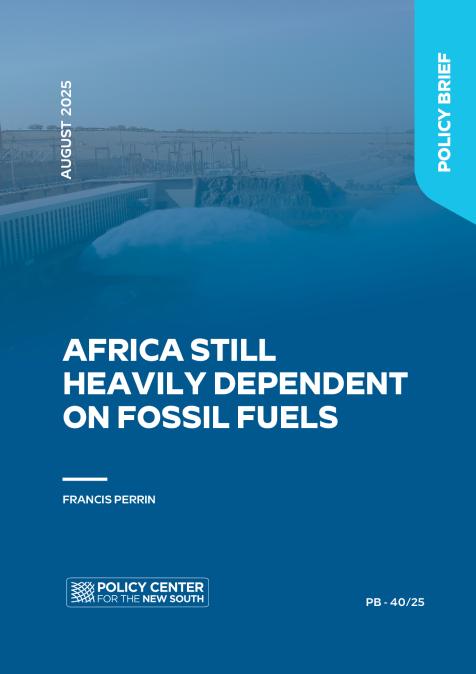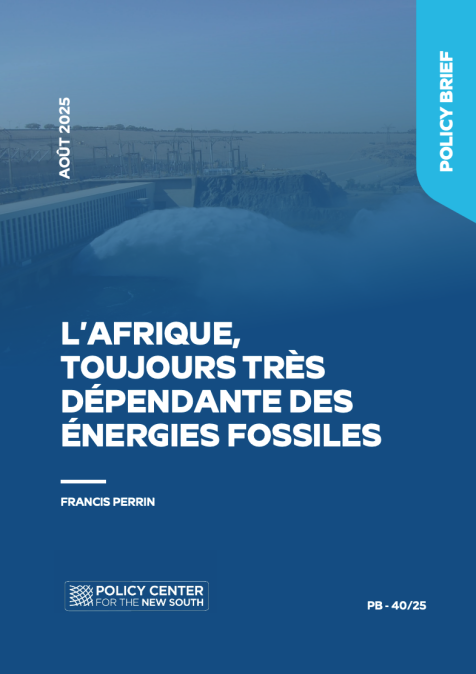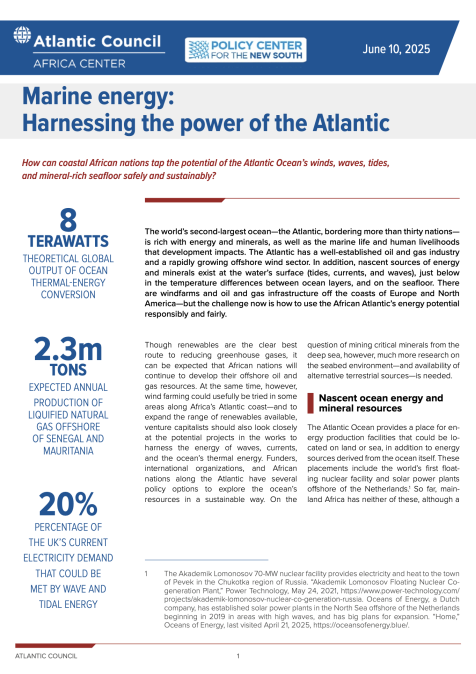Publications /
Policy Brief
Les pays africains riches en pétrole sont confrontés, à la fois au choc de la pandémie de Covid-19 et à l’effondrement des prix du pétrole, ce qui les expose à de nombreuses vulnérabilités. La situation est d’autant plus alarmante, vu que la plupart de ces pays ne se sont pas encore remis du choc pétrolier de 2014. Cette nouvelle crise aggrave, donc, une situation économique déjà difficile. Les termes de l’échange de ces pays risquent, ainsi, de se détériorer, entraînant une réduction des recettes d’exportation et une aggravation des déficits des comptes courants et du budget de l’Etat. En outre, suite au resserrement des conditions financières mondiales, les flux d’investissement vers ces pays risquent de se réduire, ce qui limite, ainsi, leur capacité à financer les dépenses nécessaires pour gérer la crise sanitaire et soutenir la croissance. Outre les conséquences budgétaires et monétaires, des reports de nombreux projets pétroliers peuvent conduire à une perte d’investissements importants. La réponse politique des pays pétroliers africains au Covid-19 doit nécessairement être différenciée par pays. Bien évidemment, la priorité demeure d’augmenter les dépenses afin de contenir la propagation du virus et d’utiliser les politiques budgétaires, monétaires et financières pour protéger les groupes vulnérables, atténuer les pertes économiques et soutenir la reprise. Mais, il faut adapter ces mesures de telle sorte à refléter, aussi bien les caractéristiques structurelles des économies africaines pétrolières que les contraintes particulières auxquelles elles sont confrontées.










